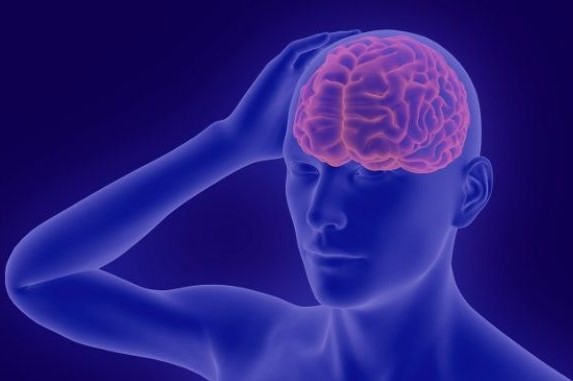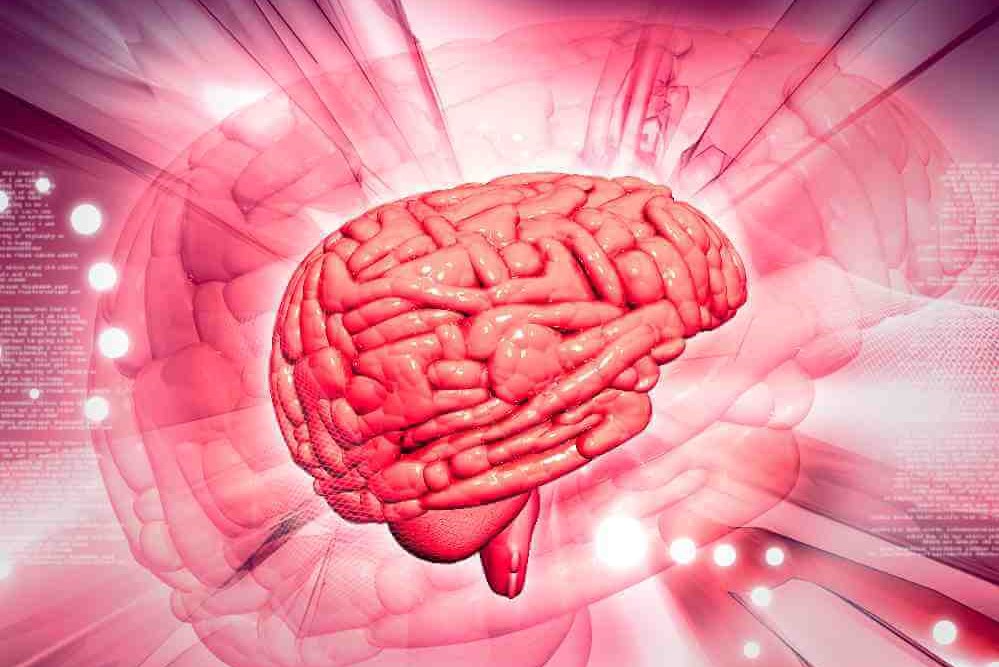
Italian researcher coordinates first study on neuroinflammation and Covid
Neuroinflammation and Covid: Arianna Di Stadio, an Italian researcher, has coordinated the world’s first study on the connection between memory loss, anosmia and ageusia in long Covid syndrome, published in the scientific journal ‘Brain Science’
“More and more scientific studies support and confirm the neuro-inflammatory aspect presented by Sars-Cov2 disease, better known as Covid-19″, said Di Stadio, a neuroscientist, lecturer at the University of Catania and honorary researcher at the Laboratory of Neuroinflammation at UCL Queen Square Neurology in London.
The pathological consequences of Covid: neuroinflammation
“The histological, neuroradiological and clinical aspects of patients affected by the virus,’ she explained, ‘show that, regardless of whether it is directly related to the virus or to the systemic consequences it causes, patients suffer from inflammation in the brain.
We know that neuroinflammatory phenomena are linked to a number of neurodegenerative diseases such as Alzheimer’s and Parkison; for this reason, research has looked at the genetic predisposition of some subjects to understand a possible increased (long-term) risk of neurodegeneration as a consequence of Sars-CoV2 infection.
We currently know that certain viruses, such as Ebstein-Barr, are implicated in the genesis of certain tumours,’ he said.
From this experience, the question arose whether Covid-19 disease could also be linked to an increased risk of future neurological diseases.
Recent studies, currently under review in scientific journals, have shown that the virus could cause an increased risk of neurodegenerative diseases.
However, the expert warned: ‘The studies were carried out on tissues, so they do not take into account all those adjustment mechanisms that are implemented by our bodies every day to combat alterations created by the environment, such as genetic mutations that can cause tumours.
Therefore, although these studies have absolute scientific validity, they should be considered as observational and not as cause-effect studies’.
Neuroinflammation is certainly an established phenomenon and therefore needs to be taken into account
“Several therapies are being studied to combat neurodegenerative diseases, all aimed at treating existing damage. Prevention is another matter.
As for the loss of smell, from which many patients suffer even after recovery from Covid 19:
“A recent clinical study conducted on a large sample of patients suffering from persistent anosmia post-Covid-19- illustrated the lecturer- showed that in the acute or subacute inflammation phase it is possible to treat the event with recovery of olfactory capacity.
This study was focused on a specific problem, but the authors are investigating whether the same treatment can also be effective on other post-Covid19 symptoms, such as memory disorders”.
For these reasons, Di Stadio says, ‘Further research focusing on treatments for neuroinflammation in both the acute or subacute and chronic phases is desperately needed.
To date, however, the only weapon available, regardless of a possible long-term effect of Covid-19, is its prevention through early treatment of neuroinflammation,’ he concluded.
Read Also:
Emergency Live Even More…Live: Download The New Free App Of Your Newspaper For IOS And Android
Long Covid: What It Is And How To Treat It
Long Covid, Washington University Study Highlights Consequences For Covid-19 Survivors
In Rome The First Study On Long Covid Syndrome: The Publication In Brain Sciences



